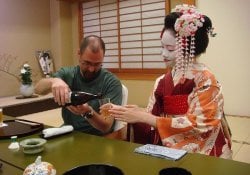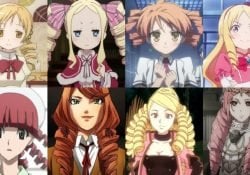"Monogatari" (物語) is a Japanese word meaning "story" or "tale". It's a broad term that can refer to any type of storytelling, including traditional short stories, novels, comics, movies, etc.
The term “monogatari” is very common in Japan and is used in many different contexts. For example, “monogatari” can be used to refer to stories told orally, such as fairy tales and legends, or written stories, such as novels and adventure books.
It is also commonly used to refer to movies and TV series that focus on a story or narrative rather than action or comedy.
Furthermore, the term "monogatari" is also used in some anime and manga titles such as "Bakemonogatari" and "Monogatari Series". These titles are based on works of fiction that focus on a complex narrative and engaging storyline.
Read also: Monogatari Series - All anime so far
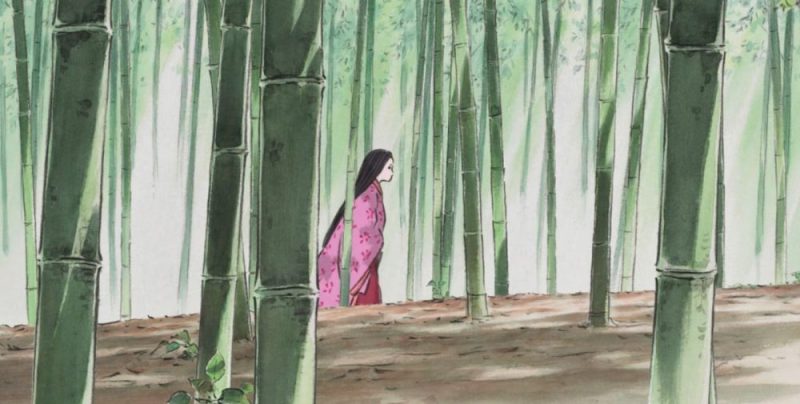
Índice de Conteúdo
The Meaning of Monogatari 「物語」
Now that we know the essence of the word Monogatari, let's understand the literal meaning, its ideograms and etymology of the word.
The first character mono [物] means thing, while the second character gatari [語] comes from [語り] which means conversation, tale, narration or topic.
Monogatari can mean:
- Story;
- Tale;
- Narrative;
- Fable;
- Legend;
We recommend reading:
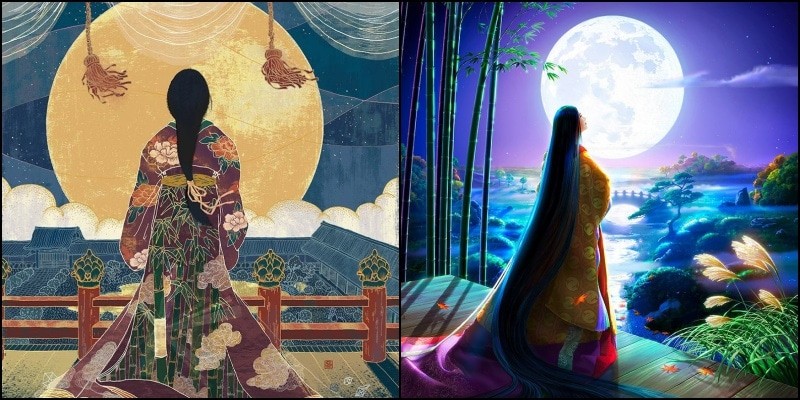
The Monogatari Genre
The word "monogatari" is also used to refer to a genre of narrative in prose or novel form, which is very popular in Japan. Monogatari can also refer to a tale or oral history handed down from generation to generation.
The monogatari genre is known for its complex narrative, which often includes multiple points of view and a mix of fantasy and real elements. Monogatari stories are often based on Japanese legends or myths, but they can also be inspired by historical events or the authors' personal experiences.
Some examples of monogatari include "The Tale of Genji" (Genji monogatari), a novel written in the 11th century by author Murasaki Shikibu, and "The Tale of the Heike" (Heike monogatari), a series of tales about the Japanese civil war of the twelfth century.
Monogatari is also a popular genre in modern Japanese literature, and many monogatari works have been adapted for television, film, and other media.
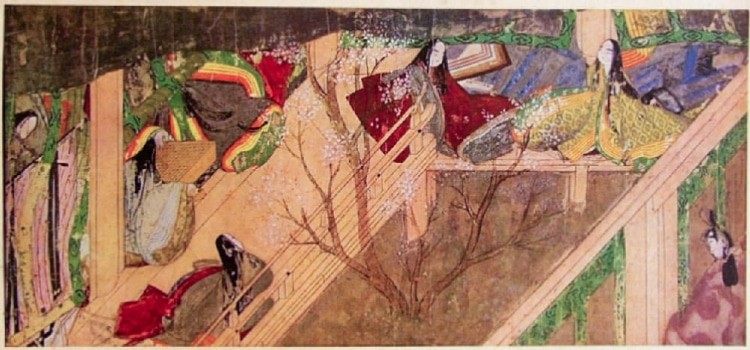
Sentences with the word monogatari
We are now going to see some sentences with the word monogatari, but we will not translate the expression, since it can refer to any type of story, and only the context of the conversation will indicate whether it is a tale, legend, history or book.
This monogatari was really exciting
この物語は本当に感動的でした。 Kono monogatari wa hontou ni kandouteki deshita
The protagonist of the monogatari is very attractive
物語の主人公はとても魅力的です Monogatari no shujinkou wa totemo miryokuteki desu
Monogatari always attracts me
物語は常に私を引き込むものです。 Monogatari wa tsune ni watashi o hikikomu mono desu
Monogatari teaches us many things
物語は私たちに多くのことを教えてくれます。 Monogatari wa watashitachi ni ooku no koto o oshiete kuremasu
Monogatari guides us to imagination
物語は私たちを想像力に導くものです。 Monogatari wa watashitachi o souzouryoku ni michibiku mono desu

